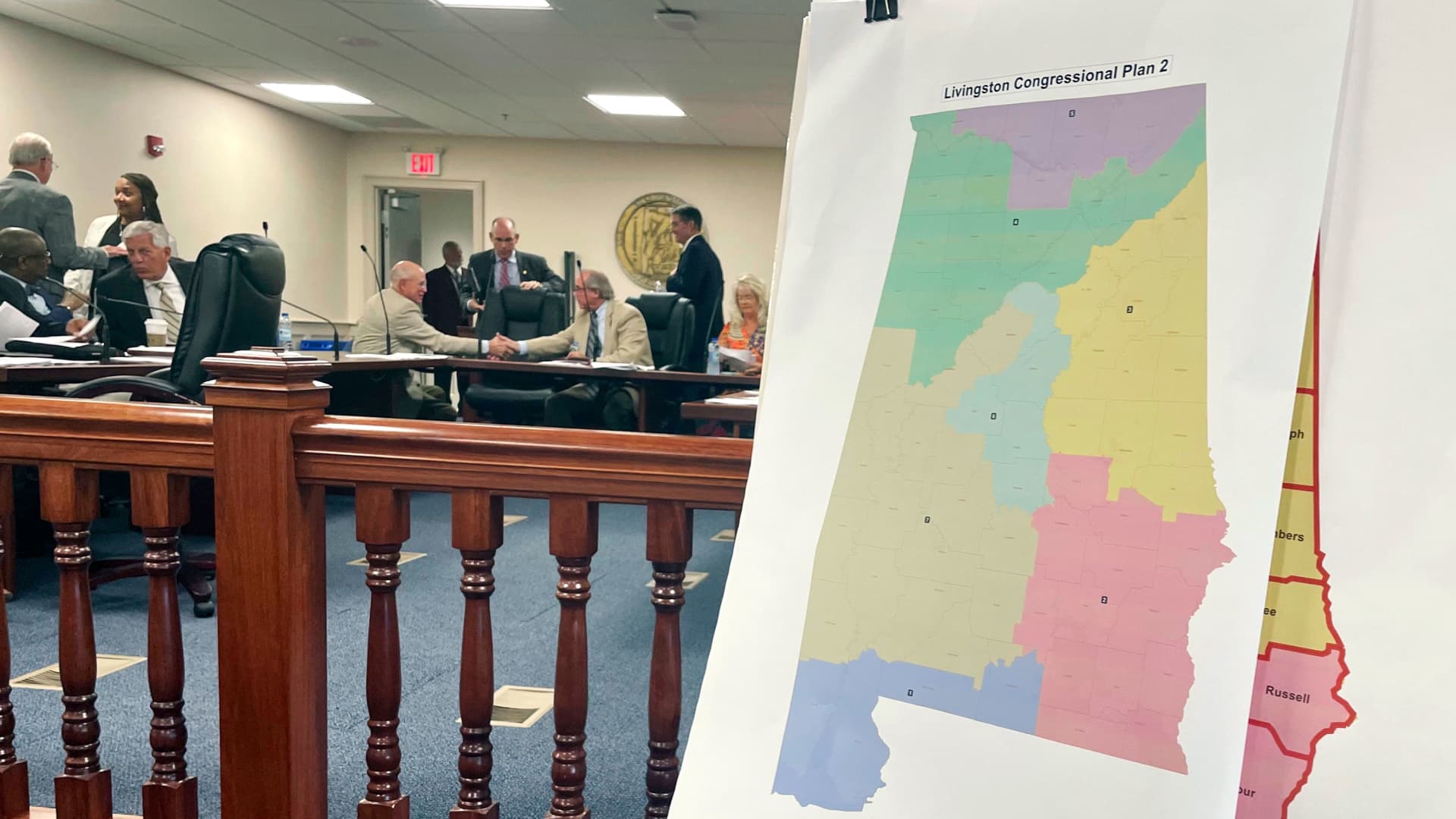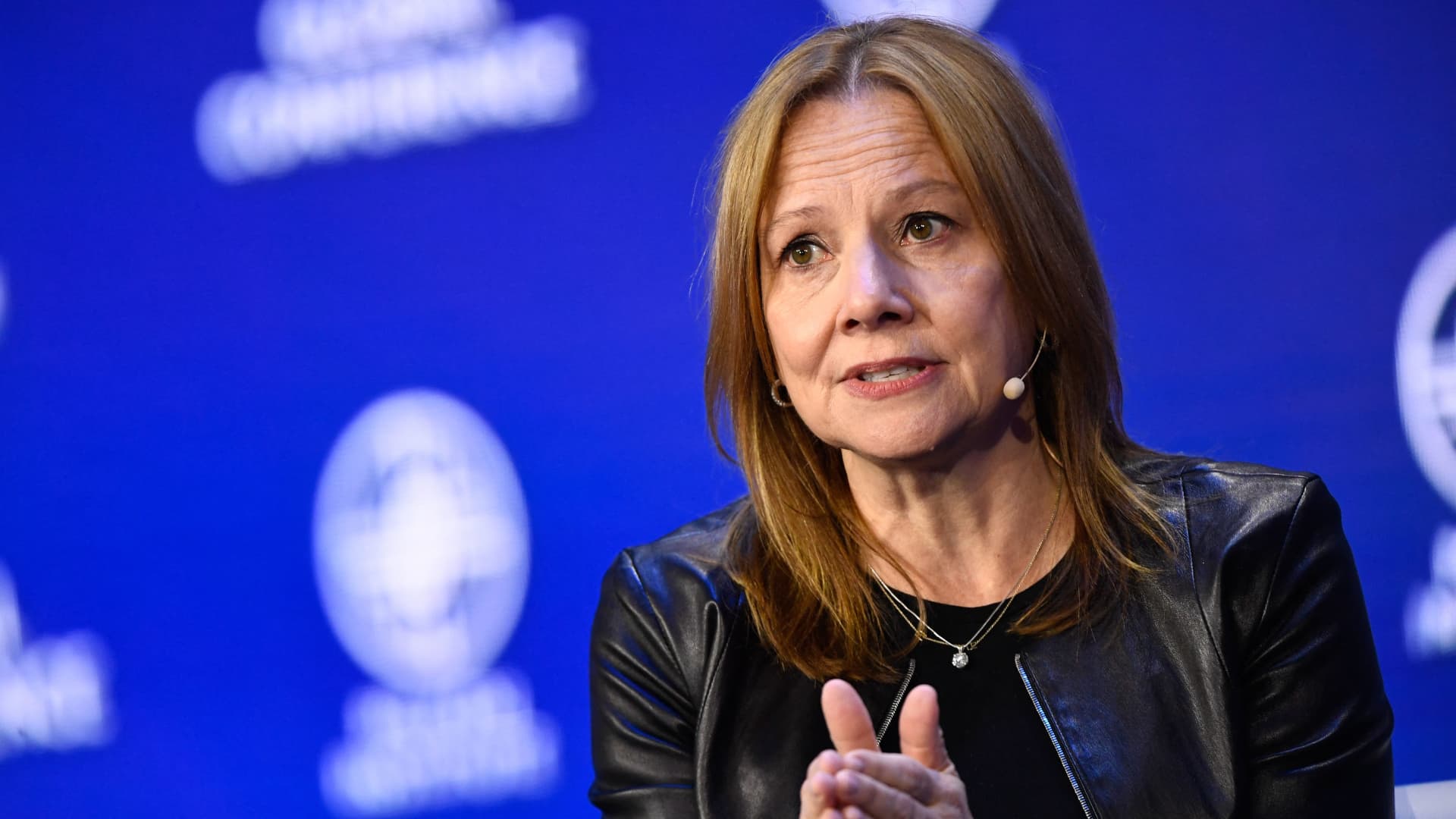US Markets
Friday, January 12th, 2024 5:17 pm EDT
Key Points
- Financial Performance and Market Expectations: Bank of America reported declining fourth-quarter earnings, leading to a drop in its shares. The earnings per share, adjusted, were 70 cents, slightly exceeding the expected 68 cents. However, revenue fell short of Wall Street estimates at $22.1 billion, compared to the expected $23.74 billion. The net income for the fourth quarter plummeted to $3.1 billion, or 35 cents per share, a significant decrease of more than 50% from the previous year’s $7.1 billion, or 85 cents per share.
- One-Time Charges and Financial Impact: The decline in earnings was attributed to significant one-time charges. Bank of America disclosed a pretax charge of $1.6 billion in the quarter related to the transition away from the London Interbank Offered Rate (LIBOR). Additionally, the results included a special $2.1 billion fee charged by the Federal Deposit Insurance Corporation, linked to the failures of Silicon Valley Bank and Signature Bank. Excluding these items, the company reported an adjusted earnings per share of 70 cents, surpassing analysts’ expectations. The bank also posted a $1.1 billion provision for credit losses, reflecting an increase of $12 million from the same quarter the previous year.
- Market Response and Strategic Outlook: Following the announcement, Bank of America’s shares experienced a decline of more than 1% in the current year, following a modest 1.7% gain in 2023. This contrasts with the broader market trend, as the S&P 500 financial sector gained 10% in the previous year. CEO Brian Moynihan emphasized the bank’s solid fourth-quarter and full-year results, highlighting strong organic growth, record client activity, and digital engagement across all business segments. Moynihan also pointed out the bank’s expense discipline, allowing continued investments in growth initiatives, and expressed confidence in the bank’s strong capital and liquidity levels, positioning it well for responsible growth in 2024. Despite expectations that Bank of America would benefit from higher interest rates, the bank faced challenges as it underperformed peers due to investments in low-yielding, long-dated securities during the Covid-19 pandemic, which lost value as interest rates climbed. Consumer banking revenue dipped by 4% to $10.3 billion, while sales and trading revenue increased by 3% to $3.6 billion.
Bank of America faced a decline in its shares as it reported fourth-quarter earnings that fell short of Wall Street expectations, leading to a more than 1% drop in the stock. The bank’s earnings per share stood at 70 cents, adjusted, compared to the expected 68 cents, while revenue was $22.1 billion, missing the anticipated $23.74 billion. The net income for the fourth quarter plummeted to $3.1 billion, or 35 cents per share, marking a more than 50% decrease from the previous year’s $7.1 billion, or 85 cents per share. The disappointing results were influenced by a pretax charge of $1.6 billion related to the transition away from the London Interbank Offered Rate and a special $2.1 billion fee charged by the Federal Deposit Insurance Corporation tied to the failures of Silicon Valley Bank and Signature Bank.
Despite the one-time charges, the company reported earning 70 cents per share, surpassing analysts’ expectations. However, revenue fell short of estimates for the first time in two years, recording a 10% decrease from the year-ago period. Bank of America CEO Brian Moynihan emphasized the bank’s solid performance in the fourth quarter and full year, citing strong organic growth, record client activity, and digital engagement across all businesses. Moynihan also highlighted the bank’s expense discipline, enabling continued investments in growth initiatives. He expressed confidence in the bank’s strong capital and liquidity levels, positioning it well for responsible growth in 2024.
The bank, as the nation’s second-largest, faced challenges with a $1.1 billion provision for credit losses, marking a $12 million increase from the same quarter the previous year. Net interest income declined by 5% to $13.9 billion, attributed to higher deposit costs and lower deposit balances, which offset higher asset yields. Despite expectations that Bank of America would benefit from higher interest rates, it underperformed its peers due to investments in low-yielding, long-dated securities during the Covid-19 pandemic, which lost value as interest rates climbed. Consumer banking revenue dipped by 4% to $10.3 billion, while sales and trading revenue experienced a 3% increase, reaching $3.6 billion.
The bank’s stock performance has been lackluster, down more than 1% in the current year following a modest 1.7% gain in 2023. This contrasts with the S&P 500 financial sector, which gained 10% in the previous year. The article underscores the challenges faced by Bank of America, including the impact of one-time charges, the shift in interest rates, and the need for the bank to adapt its strategy to remain competitive in the financial sector.
For the full original article on CNBC, please click here: https://www.cnbc.com/2024/01/12/bank-of-america-bac-earnings-4q-2023.html




